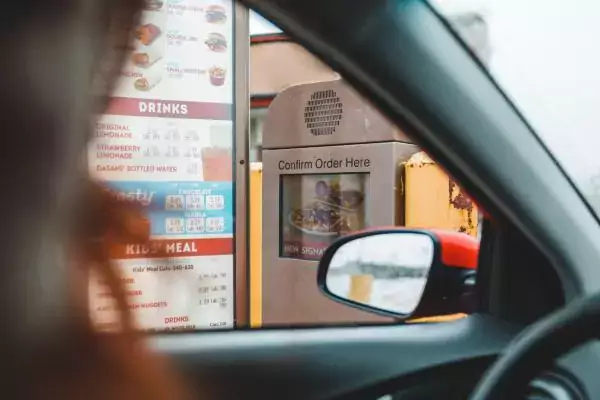IBM continues to scale up its blockchain efforts, teaming up with some of the biggest names in the food industry. Participants include Walmart, Kroger, Nestlé, Unilever, Tyson Foods, Dole, Golden State Foods, and McCormick. Many are directly competitive, but joining forces for the public cloud computing project.
According to IBM, a pilot study with Walmart that began in Oct. 2016 revealed encouraging results. Their latest announcements indicate that the technology is working and can be scaled.
“Through blockchain, companies can optimize their administrative and business processes,” explains Eileen Lowry, a Program Director at IBM Blockchain Labs & Garage. “Major sources of inefficiency in the supply chain are manual, paper-based processes that waste time, cause errors, increase fraud risks and make inventory management difficult.” Blockchain reduces paperwork, thus reducing invoice disputes, lowering procurement costs, and increasing the accuracy of records. If you are new to the concept of blockchain, Lowry provides more insight in this blog post.
Imagine the capability of tracking a piece of fruit back to the tree it came from instantaneously. That’s the power of blockchain and its built-in compliance structure. As Lowery explains, blockchain helps solve the “social problem” of whether people are willing to share information. A ledger is shared so that everyone can access the same, up-to-date information. “New records can only be added when known participants have consensus on the validity of the transaction,” Lowery explains. “Once added those records are immutable, so nobody has to worry about unauthorized changes being made. These characteristics of blockchain help to increase trust.” Trust, accountability, data visibility—these are all words you’d hope to be associated with food safety. But what if you could apply these same concepts to daily retail execution? For a moment, let’s focus on this idea of what Lowery described as the “social problem” of sharing information. Based on our experience serving retailers and restaurants, we’ve identified two common pitfalls within large organizations:- Organizations rely on 20th century technology to solve 21st century challenges. The world no longer moves at the pace of snail mail and Excel spreadsheets to glean information. They need real time notifications. How many times have you asked someone at the end of a phone call, “Can you text that over or send a pic?” Operators need a fast way to see inside all their stores.
- Organizations lack accountability. Your team needs a way to show you when progress is made. They want to show compliance with new initiatives via photo and video. No one wants to spend time digging that information out of emails.
Subscribe to our blog
You are now subscribed!


